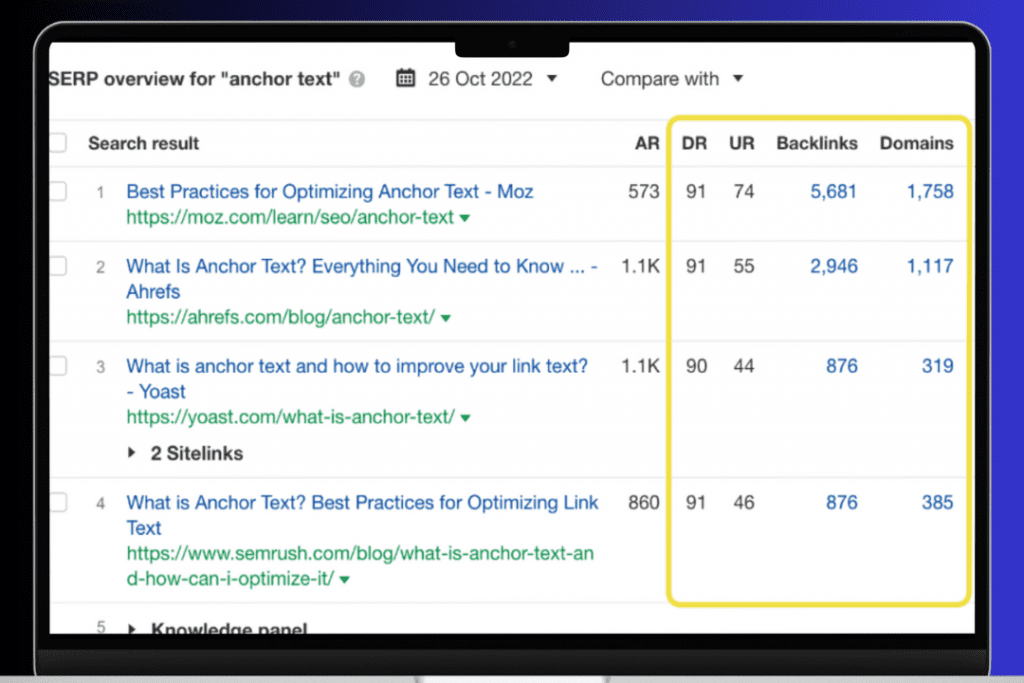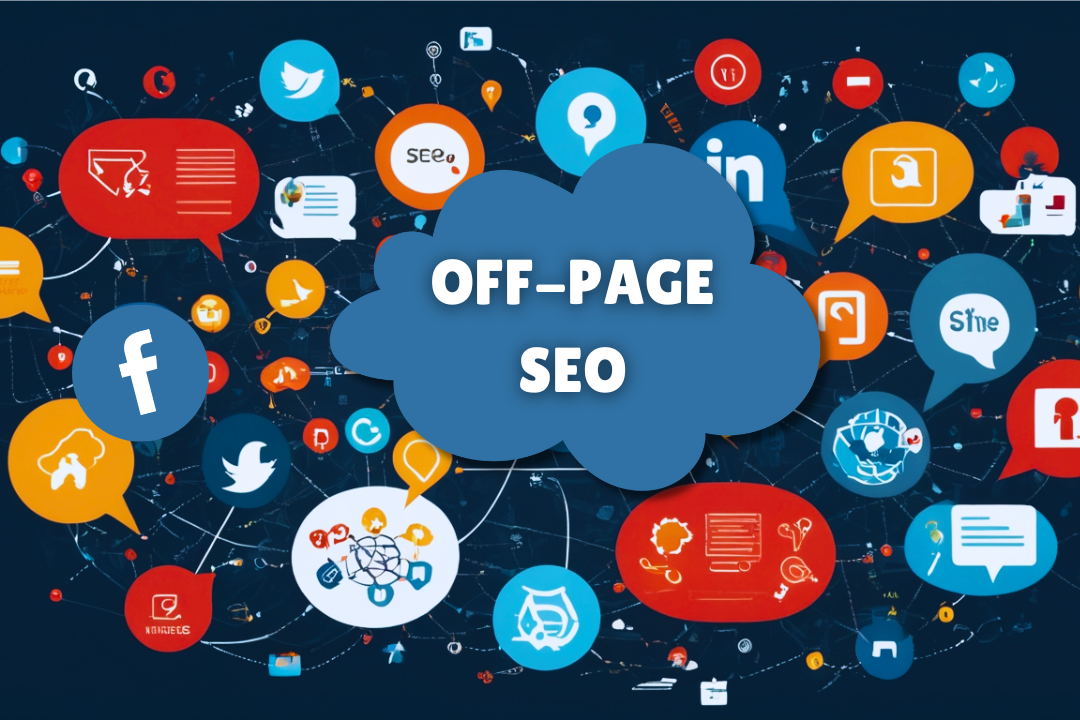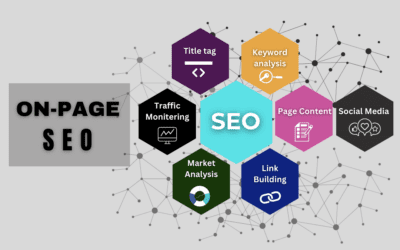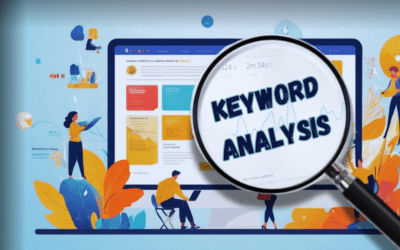When it comes to boosting your website’s visibility on search engines, you’ve probably heard about SEO, or search engine optimization. While on-page SEO centers on adjustments performed on website factors, off-page SEO comprises activities performed outside the website to enhance the site’s ranking in SERPs. You can then explain it as establishing the authority of websites similar to yours. Now let me explain the peculiarities of off-page SEO in a simple and easy way.
What is Off-Page SEO?
Off-page SEO refers to all those activities that are carried out outside your website that, in one way or another, contribute to a better ranking on the search engine. This has to do with site traffic referral, social media involvement, influencer partnerships, and so much more. In other words, it is about persuading the rest of the Internet to act as a reference for the content in question.
Why Does Off-Page SEO matter?
1. Increases your site’s credibility When other well-reputed sites link to your site, then search engines presume that your site is also reputable.
2. Better Rankings: Off-page search engine optimization techniques help bring your web site up the search engine rankings.
3. More Visibility: Promotion-related tasks such as brand projection on social media platforms and collaborating with key opinion leaders heighten your brand’s awareness.
Key Off-Page SEO Strategies
Backlink Building
Backlinks are like the reservations that other web sites have given to your site. Here are some simple ways to get them: Here are some simple ways to get them:
- Guest Blogging: Create articles that can be published on the other sister sites within your field and place links to your website.
- Broken Link Building: Look for broken links on other sites and propose your content as a solution to them.
- Create Shareable Content: Create good content, such as infographics or technical guides, that people need to link to.
- Resource Pages: Look for web-sites that contain lists of related links and leave your material there.

Websites with a higher number of high-quality backlinks tend to rank higher in SERPs for relevant keywords. This is because search engines view backlinks as a signal of trust and credibility from other websites.
Social Media Engagement
Social media may not necessarily increase the rankings of your site but it may steer people to your site. Here’s how to make the most of it: Here’s how to make the most of it:
- Share Your Content: It is advisable to post your articles, videos and infographics frequently.
- Interact with Followers: Responding to the published comments and messages to foster social interactions.
- Collaborate with Influencers: Continue using influencers to share your content with and reach more people.
Influencer Outreach
Influencers can be really useful in increasing the range of your potential audience. Here’s how to connect with them: Here’s how to connect with them:
- Find the Right Influencers: Try to find someone who chooses content that is interesting to your target audience.
- Build Relationships: Comment on their social media posts and their blogs.
- Offer Something Valuable: Offer some unique piece of content or product along with some other unique piece of content along with insights.

Influencers play a crucial role in off-page SEO by leveraging their reach, authority, and engagement to drive traffic, build backlinks, and enhance brand visibility across digital platforms. Integrating influencer marketing strategies into SEO efforts can yield long-term benefits in terms of organic search rankings and brand growth.
Local SEO and Citations
For anyone who own a local business, local SEO is very important. Here’s what to do:
- Google My Business: Optimize your GMB account.
- Local Directories: Check the local directories for the right business detail.
- Encourage Reviews: Encourage happy customers to provide review on websites.
Top Stories on Spotlight
Content Syndication
Putting your work on sites such as Medium or LinkedIn can then help direct traffic back to your site. Keep in mind:
- Republish Selectively: Do not syndicate all of your content; syndicate the better content only.
- Use Canonical Tags: This assists the search engines in identifying the source of the content being submitted for search.
Forums and Online Communities
Forum where you are active should be relevant to the topic and will help in building authority. Here’s how:
- Be helpful: be polite and willing to answer questions and offer useful information.
- Share Links: Do not always point them to other sources, but it is fine to do it when the content is useful during the discussion.
Participating in online forums strategically can enhance your off-page SEO efforts by building backlinks, increasing brand visibility, driving targeted traffic, and establishing valuable relationships within your industry community
Off-page SEO is all about attracting attention and directing the link juice from external sources to a specific site. Keep track of your progress with these metrics
- Backlinks: Useful tools could be Ahrefs when measuring the exact number of backlinks as well as their quality.
- Referral Traffic: Open Google Analytics and look at the sources of the traffic.
- Social Media Engagement: Track engagement, specifically likes, shares, and comments.
- Brand Mentions: There are options like Google Alerts that would help to see where your brand has appeared on the web.
To all intents and purposes, off-page SEO might sound like a lot of hard work, but it is a very significant tool for building up the authority of a website as well as the flow of traffic into the website. Therefore, through purchasing backlinks, commenting on other blogs, sharing content with related influencers, localizing the content for local SEO, and commenting on forums, you will be raising the ranking of your website. Please bear in mind that repetition is the mother of success, and the end product is more than worth the time!
For more information and content on SEO-related articles, read my posts











0 Comments